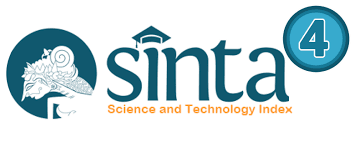PEMBIAYAAN PENDIDIKAN INKLUSIF: KAJIAN LITERATUR TERHADAP DUKUNGAN DANA BAGI ANAK BERKEBUTUHAN KHUSUS (ABK)
DOI:
https://doi.org/10.34125/jmp.v10i2.621Keywords:
Pendidikan Inklusif, Pembiayaan Pendidikan, Anak Berkebutuhan Khusus, Kebijakan Pendidikan, Sistem PendanaanAbstract
This article aims to examine the practices of inclusive education financing based on national and international literature, with a focus on how funding systems can be responsive to the needs of children with special needs (ABK) and support the development of a more equitable and inclusive education system. The study employs a literature review approach using a descriptive-qualitative method. Sources analyzed include scholarly journals, national policy documents such as UU No. 20 Tahun 2003 and Permendiknas No. 70 Tahun 2009, as well as reports from international institutions. Content analysis techniques were used to explore financing models, implementation challenges, and best practices in inclusive education. The review reveals that countries like Australia and Finland have adopted funding models based on individual student needs and tiered support systems. In Indonesia, inclusive education financing heavily relies on the General Operational Assistance Fund (Dana BOS), which does not adequately account for the specific needs of ABK. Additional challenges include limited teacher training, disparities in regional funding allocations, and the absence of technical regulations for inclusive spending. This article highlights the importance of responsive, flexible, and needs-based funding approaches as a foundation for inclusive education reform.
Downloads
Published
How to Cite
Issue
Section
License
Copyright (c) 2025 Jurnal Manajemen Pendidikan

This work is licensed under a Creative Commons Attribution-ShareAlike 4.0 International License.














